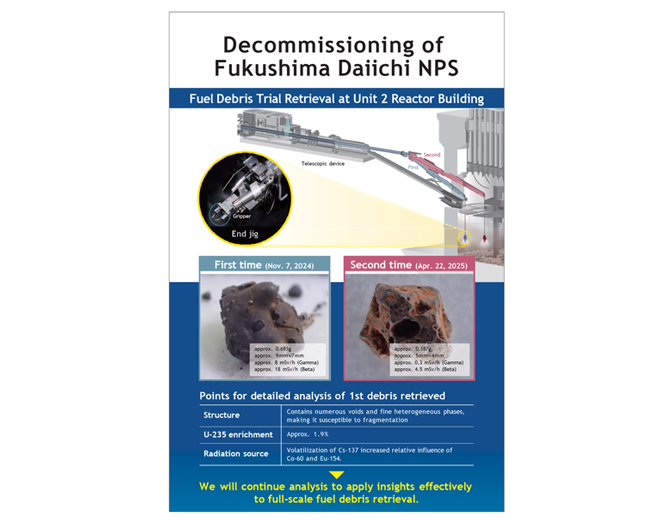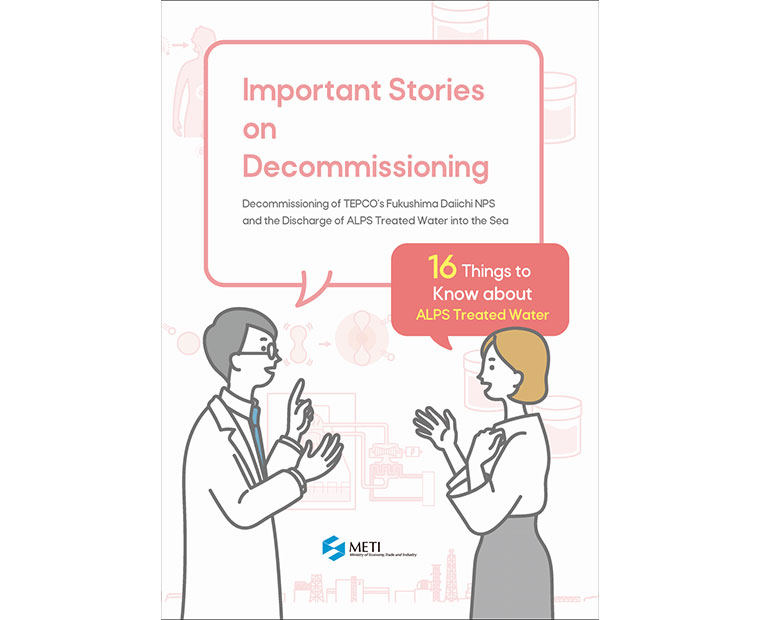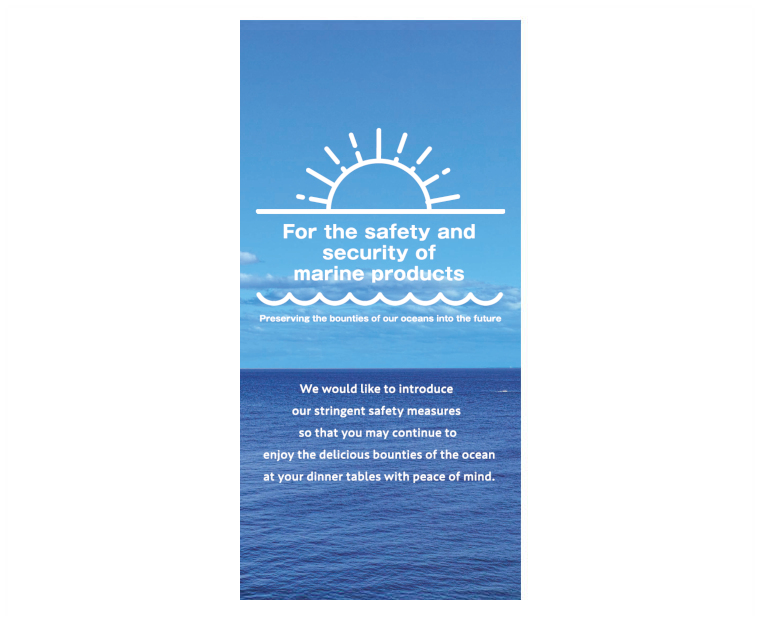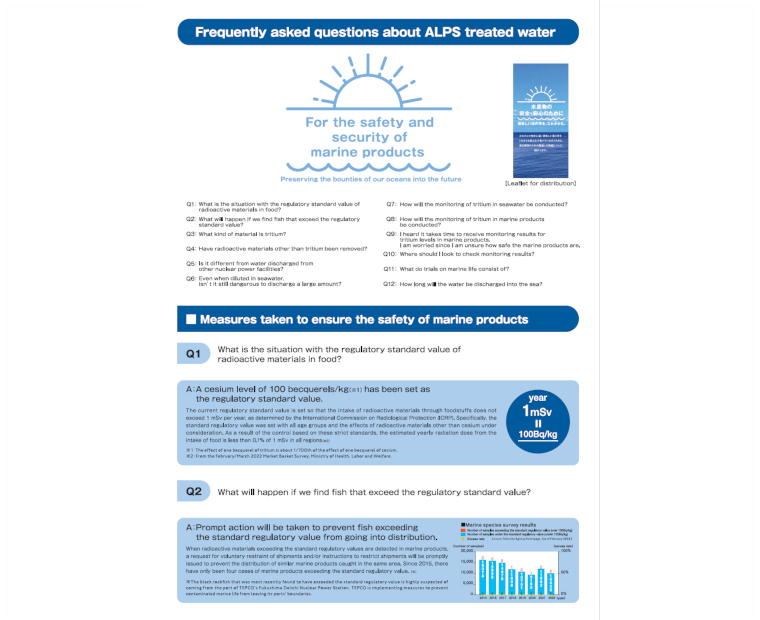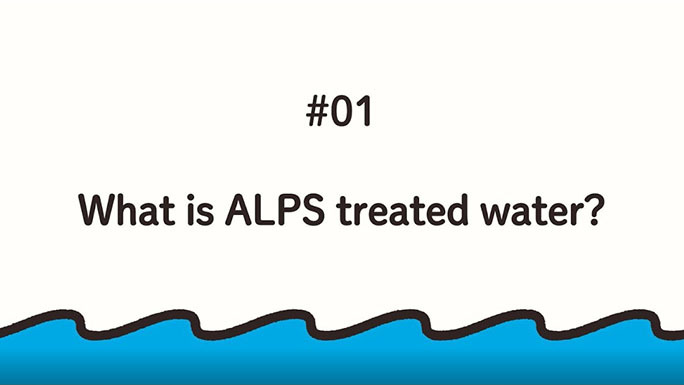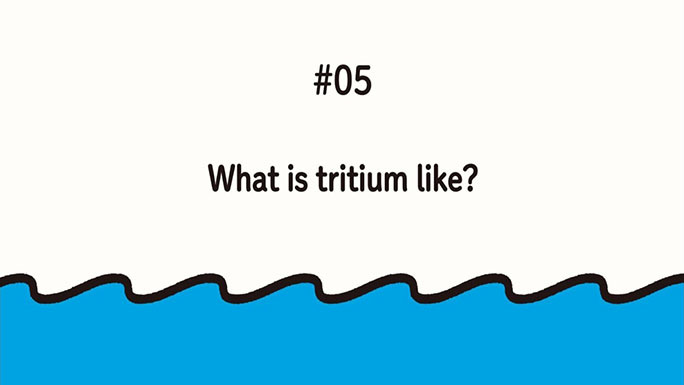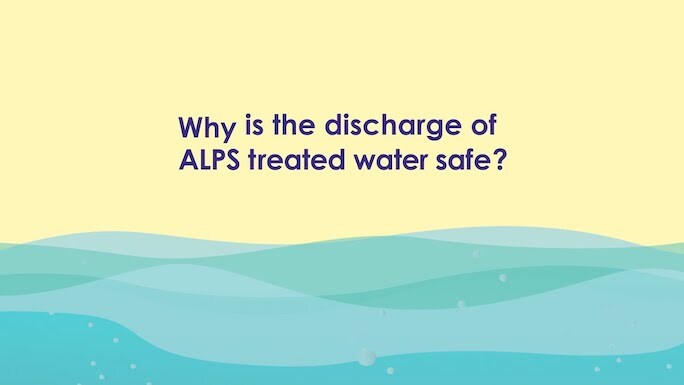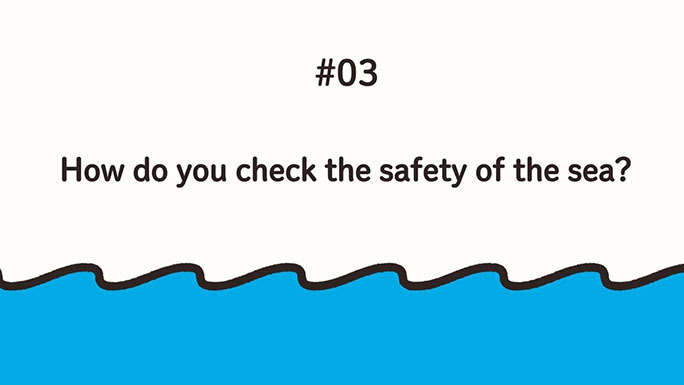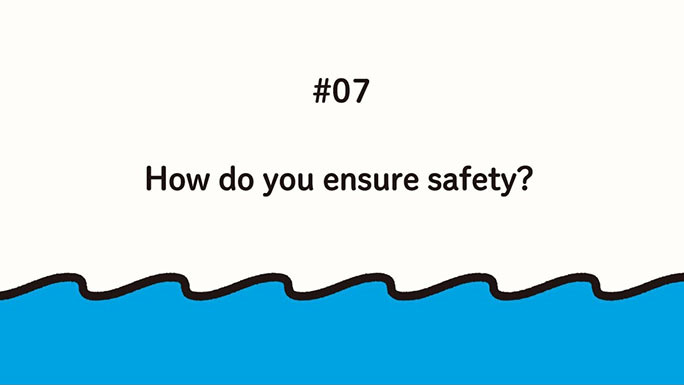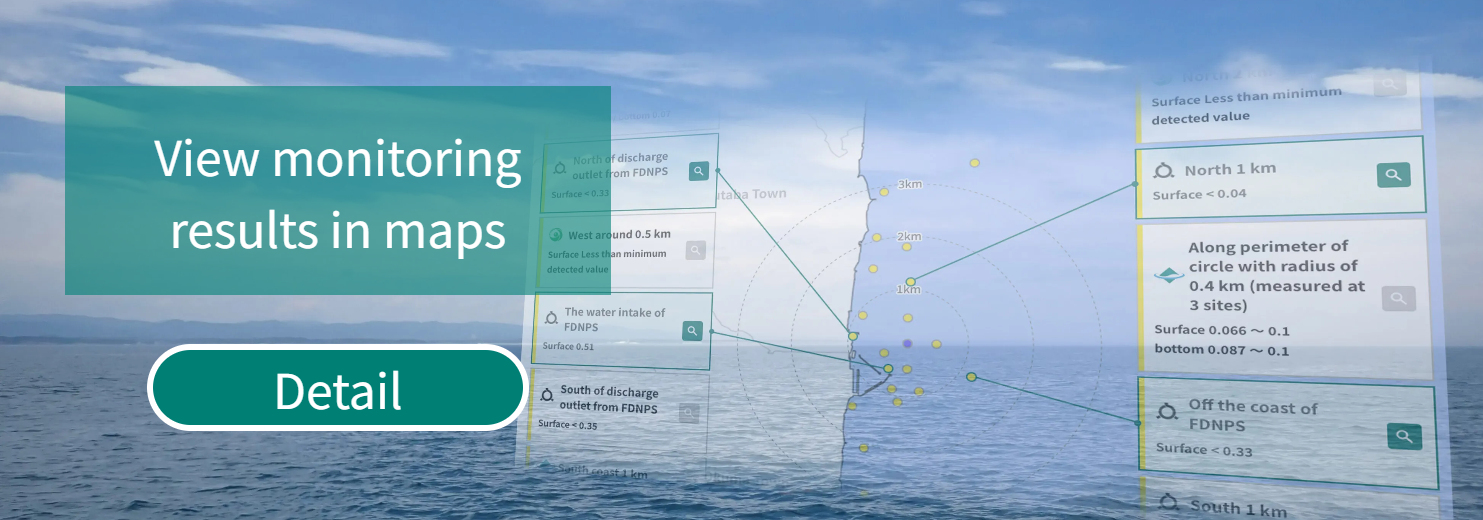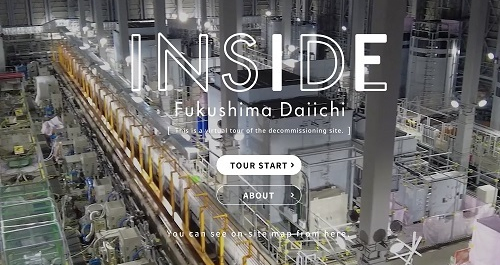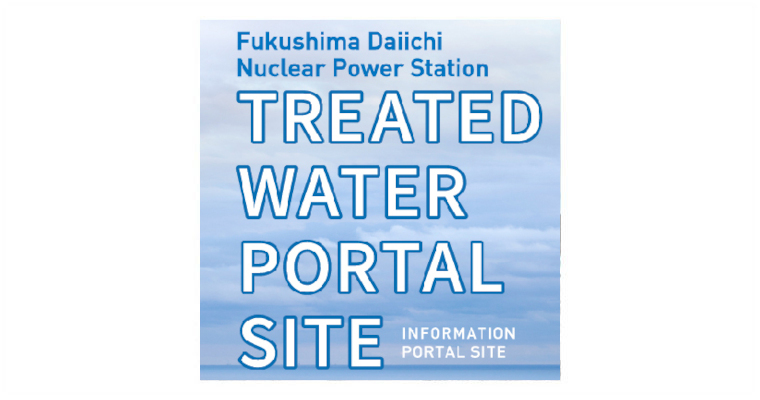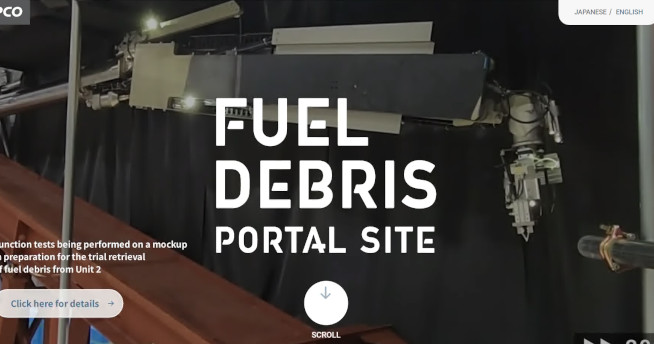Environmental Restoration Efforts and Reconstruction Progress in FukushimaThe 30th UN Climate Change Conference (COP30)
Initiatives taken for decommissioning and discharge of ALPS treated water
The decommissioning of Tokyo Electric Power Company Holding’s (TEPCO’s) Fukushima Daiichi Nuclear Power Station (FDNPS), which is a major prerequisite for the reconstruction of Fukushima, is an unprecedented in the world and extremely challenging undertaking.
Based on this Mid- and Long-Term Roadmap, the Government of Japan will take the lead and work to implement each measure safely and steadily, drawing on collective expertise from Japan and abroad. Regarding the progress of decommissioning efforts, significant progress has been made with two rounds of the trial retrieval of fuel debris and its analysis, as well as the concretization of preparatory steps for large-scale retrieval.
Furthermore, to carry out safe and steady decommissioning of TEPCO’s FDNPS, it is necessary to discharge water that has been treated by the Advanced Liquid Processing System (ALPS)* and stored on the premises of the power station. Thus, in April 2021, the Government of Japan decided to discharge ALPS treated water into the sea, provided that safety was ensured and thorough countermeasures against reputational risk and misinformation were taken.
Since the start of the discharge into the sea on August 24, 2023, monitoring results and reviews by the International Atomic Energy Agency (IAEA) have confirmed that the discharge of ALPS treated water into the sea has a negligible impact on people and the environment and is safe.
Various measures related to ALPS treated water are being taken. The Ministry of the Environment is responsible for conducting sea-area monitoring to confirm the status of radionuclides in the environment.
* "ALPS treated water" refers to water containing radioactive materials in the buildings of the FDNPS that has been purified of all radioactive materials other than tritium and meets safety standards. The water is significantly diluted with seawater before the discharge. The tritium concentration after dilution is less than 1/40 of the safety standard (or 1/7 of the WHO standards for drinking water).
Decommissioning of Fukushima Daiichi NPS
Ministry of Economy, Trade and Industry
Ministry of Foreign Affairs of Japan
/ Tokyo Electric Power
Holdings, Inc.
- Movie
Ministry of the Environment, Japan
- Web site
Tokyo Electric Power Company Holdings, Inc.
- Web site

